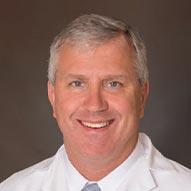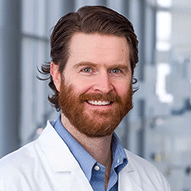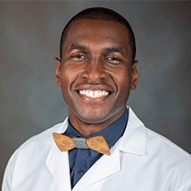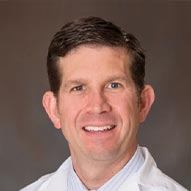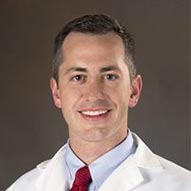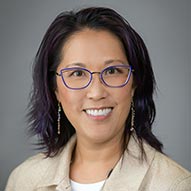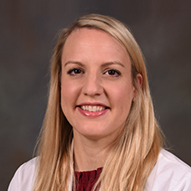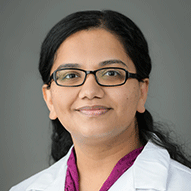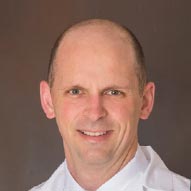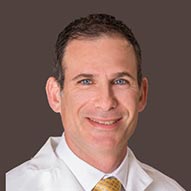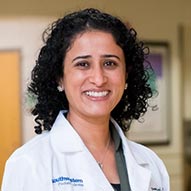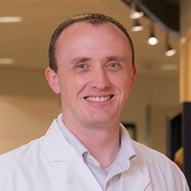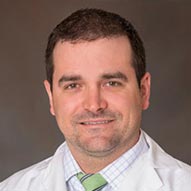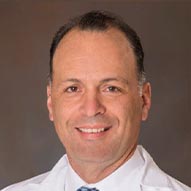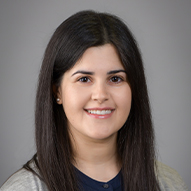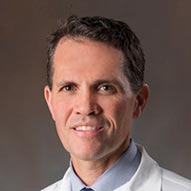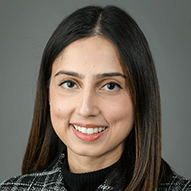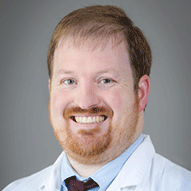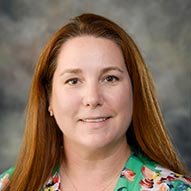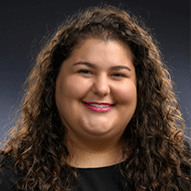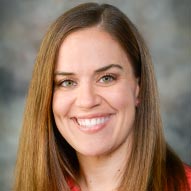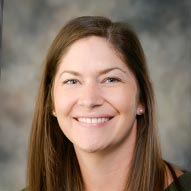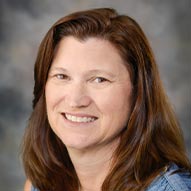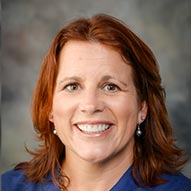Concussion 24 Hour Advice Line
Dallas (Cityville)
214-867-6900
Fax: 214-867-5654
Plano
469-497-2501
Fax: 469-497-2507
Concussions often occur during sports, but can also happen with car accidents, bike accidents or falls. Kids can get a concussion at any age. It’s important to watch your child carefully for possible signs and symptoms of a concussion, so they can get medical care as soon as possible if they need it.
Children’s Health treats more kids with concussions than any other hospital in North Texas. Concussions can be scary, but most kids recover fully if they get the right medical care.
214-867-6900
Fax: 214-867-5654
469-497-2501
Fax: 469-497-2507
A concussion is a brain injury caused by a blow to the head or body that shakes the brain inside the skull. This leads to changes in the way the brain functions. Concussions can cause problems with vision, balance and memory.
It’s possible to have a concussion without losing consciousness or having an obvious, external head injury.
Concussions can affect kids differently, but there are common signs and symptoms to look out for. Symptoms can occur immediately after a head injury or may evolve over the first 24 to 48 hours after the injury.
Common symptoms of a concussion include:
There are some symptoms that require urgent medical attention. Go to the nearest emergency room if your child has any of the following:
Concussions can’t be diagnosed by a single test. If your child has a head injury, our expert team will conduct an in-depth neurological exam to determine if they have a concussion. The exam is not painful and includes an assessment of:
Additional testing to look at eye movements and thinking may also be performed. Imaging tests may be used to rule out more severe head injuries. These tests include:
Concussion treatments will vary depending on the type and severity of the injury. Your child’s treatment may include:
Allowing the concussion to fully heal is vital for your child’s short- and long-term health. Our concussion team will carefully monitor and assess your child. A slow return to activities, including both school and sport, is an important part of recovery. Our team will work with you and your child to provide the help needed for your child to get back to full activity when it’s safe.

